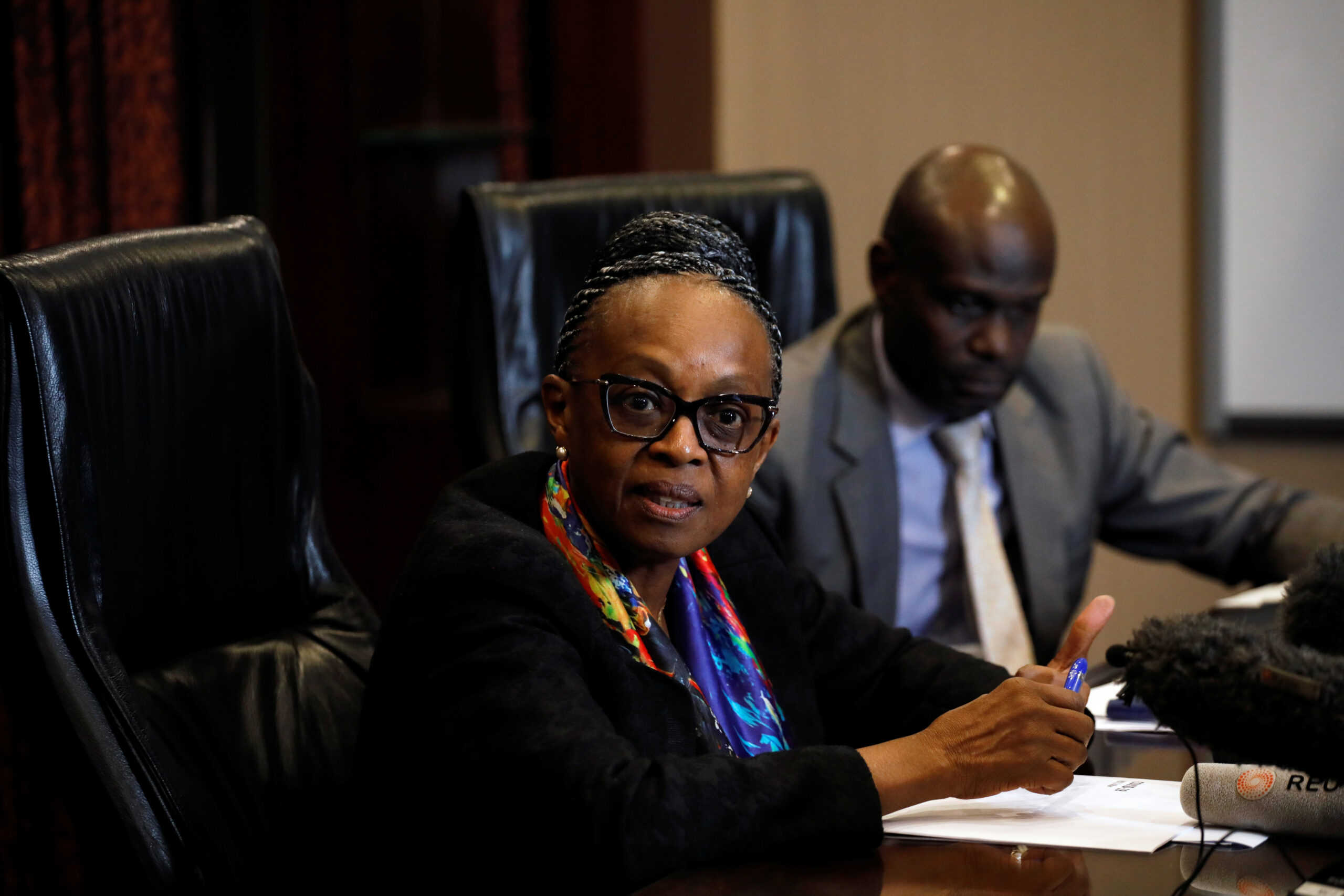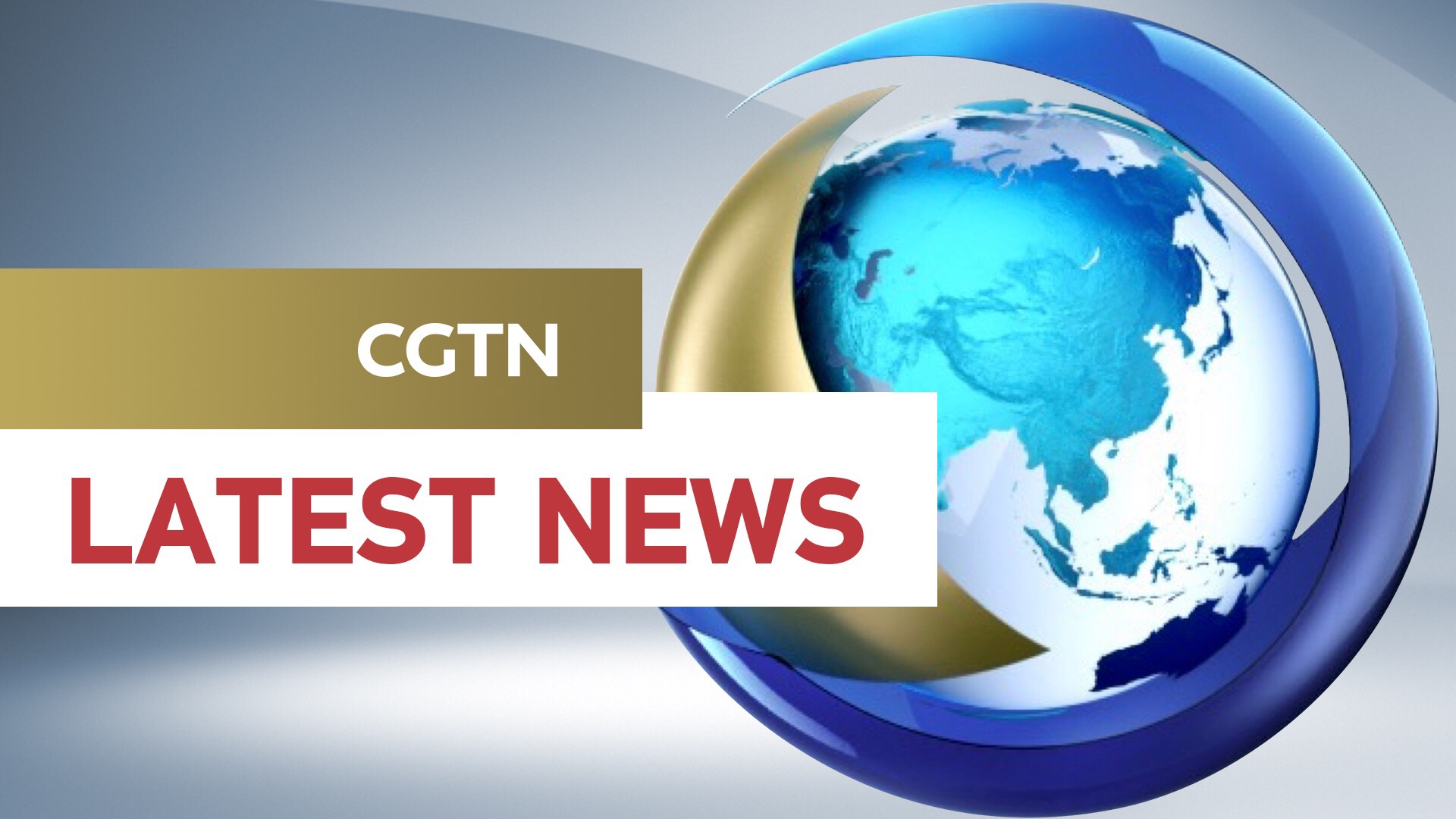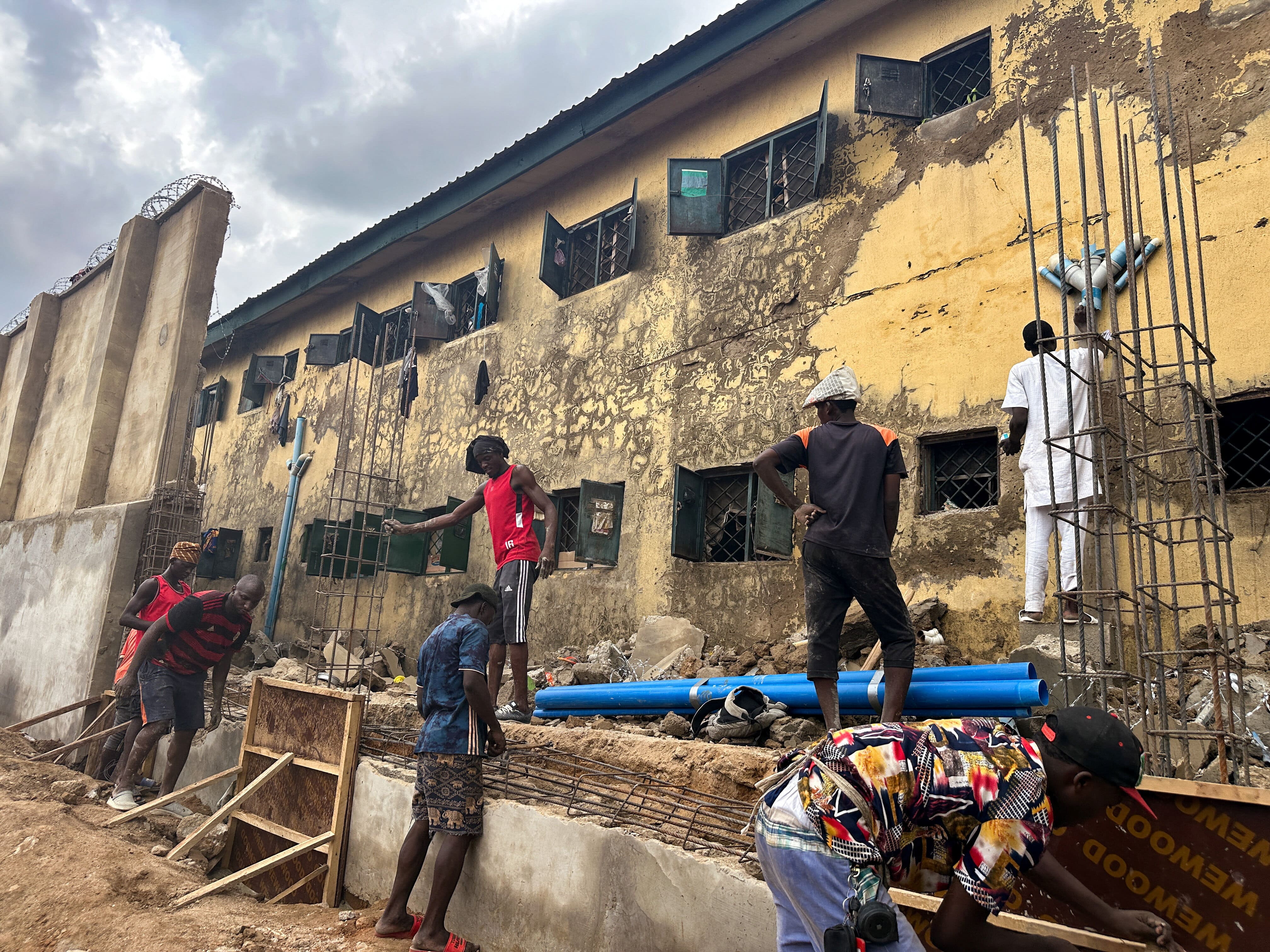
W.H.O. reiterates call for affordability, availability of COVID-19 vaccine to Africa

The World Health Organisation reiterated its call to the world not to lock out or leave behind Africa when a vaccine for the coronavirus is eventually found.
As efforts to find for a vaccine for the deadly virus continue, there is concern that wealthier nations could scoop promising medicines against the new coronavirus, leaving developing countries, particularly those in Africa, empty-handed.
W.H.O. Regional Director for Africa Dr. Matshidiso Moeti said that equity must be central to coronavirus diagnostics, therapeutics and vaccines.
She said that the W.H.O., together with the African Union and Gavi, the vaccine alliance, were lobbying for a vaccine that will be affordable and available to all noting that, too often, Africa was “at the back of the queue”.
“When we have a vaccine, it will need to be rolled out at an unprecedented speed and scale. Equity must be a central focus of our efforts. And too often, African countries have ended up at the back of the queue for new technologies, including vaccines.
“These life-saving products must be made available to everyone, not only those who can afford to pay,” she added.
Moeti’s comments were echoed by American billionaire philanthropist Bill Gates, who called for COVID-19 drugs and an eventual vaccine to be made available to the countries that need them the most, and not to the “highest bidder”.
EQUITY must be central to #COVID19 diagnostics, therapeutics & vaccines. Too often, Africa is at the back of the queue. This is why we are advocating w/ partners like @_AfricanUnion & @Gavi for a vaccine that will be affordable & available to all. pic.twitter.com/A84EHroAKD
— Dr Matshidiso Moeti (@MoetiTshidi) July 10, 2020
Gates argued that relying on market forces would only serve to prolong the deadly pandemic.
“If we just let drugs and vaccines go to the highest bidder, instead of to the people and the places where they are most needed, we’ll have a longer, more unjust, deadlier pandemic,” he said.
A potential vaccine is not the only area of concern where Africa is feared to be left behind. The continent has also struggled to procure COVID-19 testing kits, personal protective equipment and other critical equipment such as ventilators.
In May, public health experts raised concerns over the low supplies of COVID-19 testing kits in Africa as the numbers of COVID-19 cases continued rising.
The testing capacities of African countries have been limited due to international competition for test kits and poor global coordination of resources. This has forced different countries to implement various testing strategies.
Africa could have a vaccine in the first quarter of 2021 if the ongoing human trials are successful, according to an expert heading a potential COVID-19 vaccine trial in South Africa.
Africa’s COVID-19 infections have exceeded the 543,000 mark, with a death toll of more than 12,400 since the pandemic’s onset in the continent.




